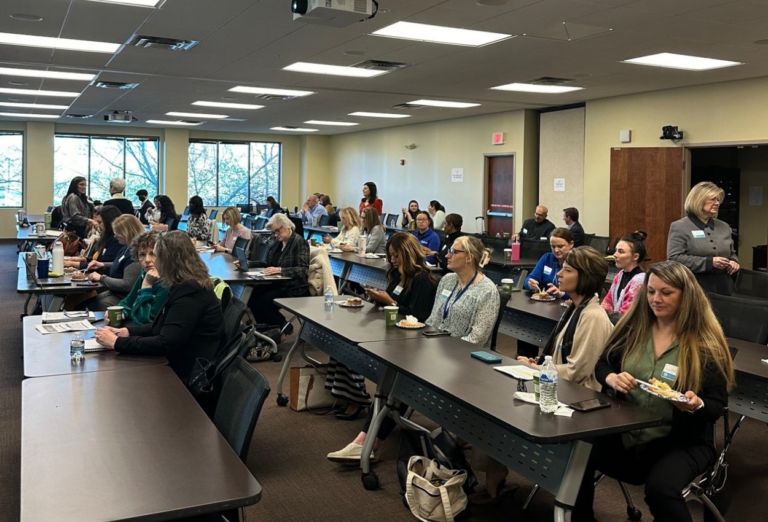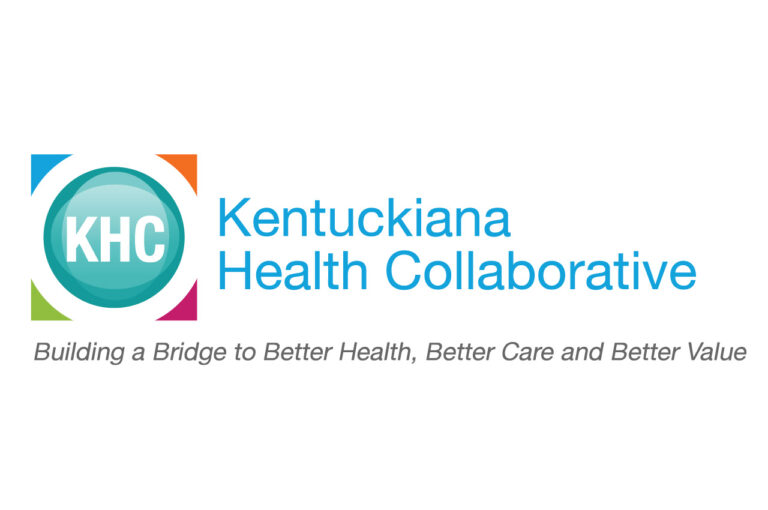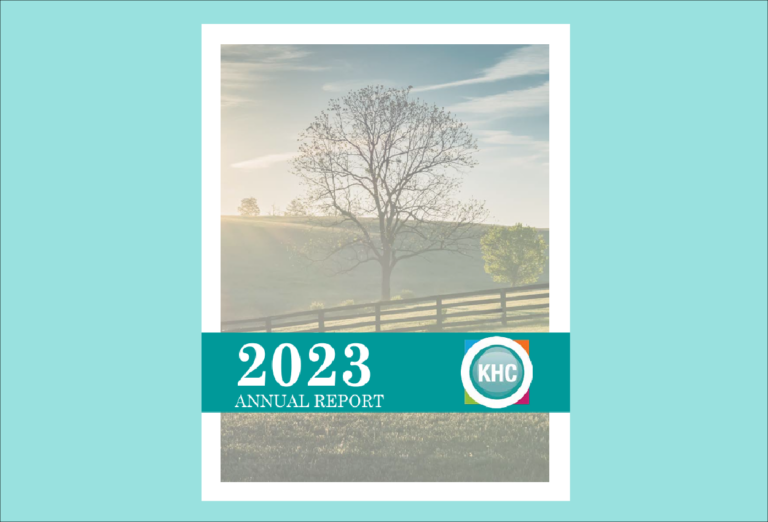Primary care providers are an essential part of the healthcare ecosystem, often serving as an entry point for people seeking healthcare, managing the day-to-day health needs of the people that they care for, and coordinating and referring to specialty care as needed. Access to affordable, high quality, and equitable primary care is associated with positive health outcomes. Despite the importance of primary care, access to it has been dwindling in recent years. This has been fueled by numerous structural issues within the healthcare system, including workforce shortages, misaligned financial incentives, care models lacking the time to build patient-provider relationships, and administrative burdens. At the societal level, many people do not have adequate transportation, live in care deserts, do not have insurance coverage, and cannot afford the costs associated with care, among many other factors.
On September 12, 2023, the KHC convened our members and community partners for our first fully in-person Community Health Forum since December 2019 for “Innovating Primary Care Models to Meet Community Needs” to discuss the state of primary care nationally and in Kentucky and to discuss potential innovative solutions to meet the evolving needs of our communities.
The event kicked off with a presentation from Karen S. Johnson, PhD, Vice President of Practice Advancement at the American Academy of Family Physicians titled “Strengthening Primary Care in a Changing Landscape.” Dr. Johnson discussed policy and market solutions to strengthening primary care, including changing how and how much we pay, incentivizing selection and removing financial barriers, and attracting, retaining, and diversifying the workforce. These solutions highlighted comparisons between peer nations and their investment, nationwide trends in care sources, and the availability of primary care physicians. Dr. Johnson concluded her presentation by discussing current tailwinds and headwinds in strengthening primary care. She highlighted how strong federal support, a growing body of evidence supporting its importance, and market interest in primary care are all promising factors in the implementation of the proposed policy and marketing solutions. Less promising factors included undervalued primary care reimbursement structures, benefit and coverage designs that don’t incentivize primary care, blurred definitions of primary care, and decentralized healthcare decision making. Dr. Johnson’s slides from the forum can be viewed here.
With a foundation of both the importance and state of primary care established, the conversation continued with a panel of primary care innovators. Molly Lewis, Chief Executive Officer of the Kentucky Primary Care Association moderated the panel discussion. The purpose of this panel was to highlight the implementation of select innovative models of primary care delivery in an organizational setting, including sharing motivations, lessons learned, and the implications of the model. Representing PPL Corporation, LG&E and KU Energy, Taryn Eldridge, MBA, Health Compliance Coordinator II, shared about the employer’s launch of near- and on-site primary care clinics in 2020 to improve access to primary care services for both their employees and their families. Misha Rhodes, MD, Chief Medical Officer of Kentucky and Indiana at CenterWell Senior Primary Care followed Eldridge, sharing their senior-focused primary care model that offers patient-centered, integrated, and value-based care. Rounding out the panel discussion was Robert Early, Telehealth Program Coordinator at Kentucky TeleCare. Early reviewed the various applications of telehealth and the policy and payment landscape that influences access to it. The panel engaged in a lively discussion, including robust audience participation, on the implications of these models for value, equity, and access to primary care.
The event concluded with a “fireside chat” style discussion between Jenny Goins, SPHR, MA, President and CEO of the Kentuckiana Health Collaborative, Greta Crutcher-Collins, MHA, Provider Collaboration Director of Kentucky at Anthem, and Katie Sabitus, MS, Value Based Programs Manager at the Kentucky Regional Extension Center. This chat focused on the status of value-based payment models at a systemic level for primary care, including past efforts, current priorities, challenges, and successes. While value-based care is not the standard in Kentucky, or nationally, the speakers highlighted the importance of reimbursing for care based on value rather than a traditional fee-for-service model as a mechanism to improve the quality of care that people receive. Furthermore, these speakers emphasized the need for collaboration and commitment from multiple healthcare stakeholders, including plans, providers, and employers, to bring the implementation of value-based care arrangements from theory to reality.
“Innovating Primary Care Models to Meet Community Needs” convened healthcare stakeholders to learn about the importance of primary care in the healthcare system, the factors that are defining it’s affordability, quality, and equity, and explored payment and delivery models and their impact. The KHC will continue this conversation at the upcoming Community Health Forum, “Integrating Mental and Physical Care for Whole Person Health” on December 5, 2023. Registration is open and free to the public.






